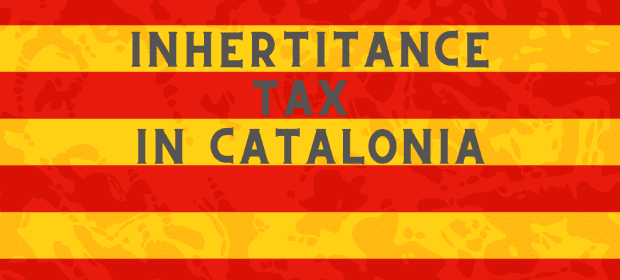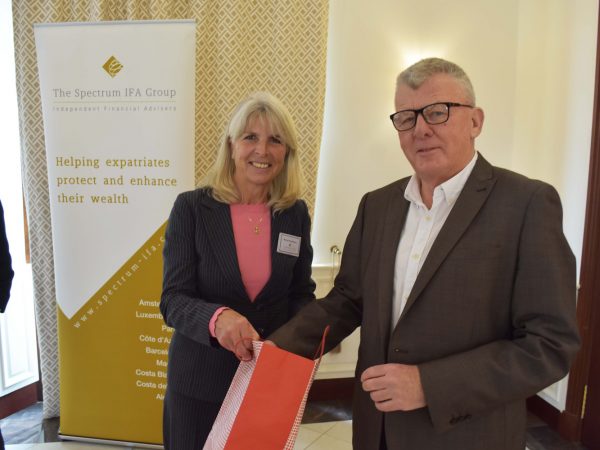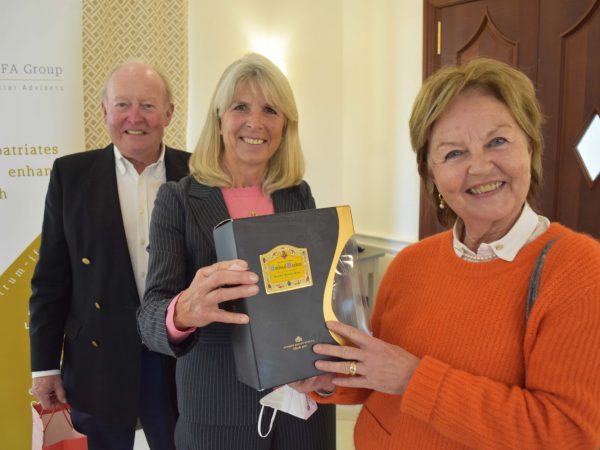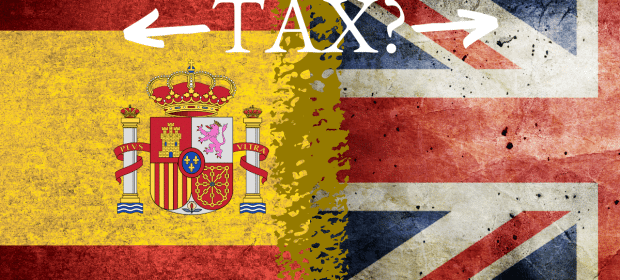Paying too much for something is never a good idea!
Unless you have been spending all your time either on the beach or playing golf, it would be almost impossible not to have seen what´s been happening in the financial world at the moment.
Stock markets have had their worst start to a year in 50 years. Almost every day all you see and hear is doom and gloom about rising inflation, rising food prices, rising fuel prices, rising interest rates, supply chain issues, falling consumer confidence. And on and on it goes.
As usual with such issues, it can affect retirees who live here the most, as their Pensions and Investments are normally exposed to the stock markets and various other investment instruments, pretty much all of which are falling at the moment. How much worse can it get? Who knows.. When will it recover? Who Knows.. How long will it take to make up for all of my losses this year? Who knows…!
Nobody does, and looking at history can give a good indication as to the likely answers, but as I keep saying, this could well be history in the making, as opposed to history repeating itself.
Looking at history can help calm the nerves and add perspective. Over the last 150 years there have been 13 major stock market crashes. In 1877 markets fell by 33%, in 1970 they fell by 25% and again in 1974 by 39%. The latest memorable events were the financial crisis of 2008 which resulted in losses of 49% and the Covid lockdown period, which again resulted in heavy losses.
Taking the median of all of these 15 events, an average fall of 33% has taken on average of around 2 years to recover. So, although I have said this may well be history in the making, what we can all be sure of is that things will eventually get better. It’s just a question of how quickly, and that again is an unknown. The speed of recoveries is always quite impressive. Many people miss the fact that if you lose 50% on something, that something has to double in value to return to where you were.
























